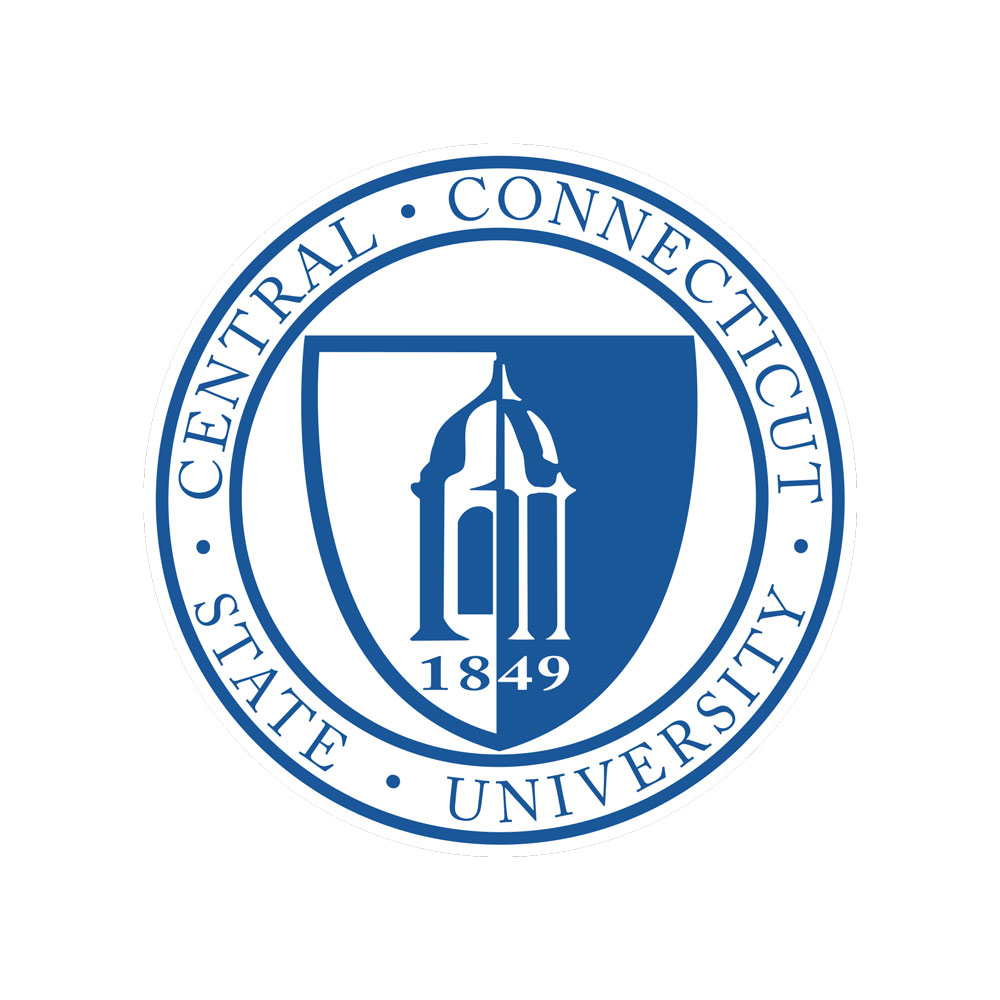
Do you have a passion about working with infants, toddlers, and young children? The field of early childhood studies and infant/toddler mental health might just be the best career move for you. Earn a bachelor’s degree in Early Childhood Studies and Infant/Toddler Mental Health to become a competent and well-qualified professional who can contribute effectively to your state’s efforts targeting access and quality in early childhood education and infant/toddler mental health.
The Bachelor of Science in Early Childhood Studies and Infant/Toddler Mental Health can lead to the CT-Infant/Toddler Mental Health Endorsement. Graduates will be prepared to work in publicly funded and private pre-school programs.
Mission
To produce new professionals who have the requisite knowledge, competencies, and disposition to become an Early Childhood professional and a Quality Staff Member (QSM) in Infant/Toddler Mental Health.



